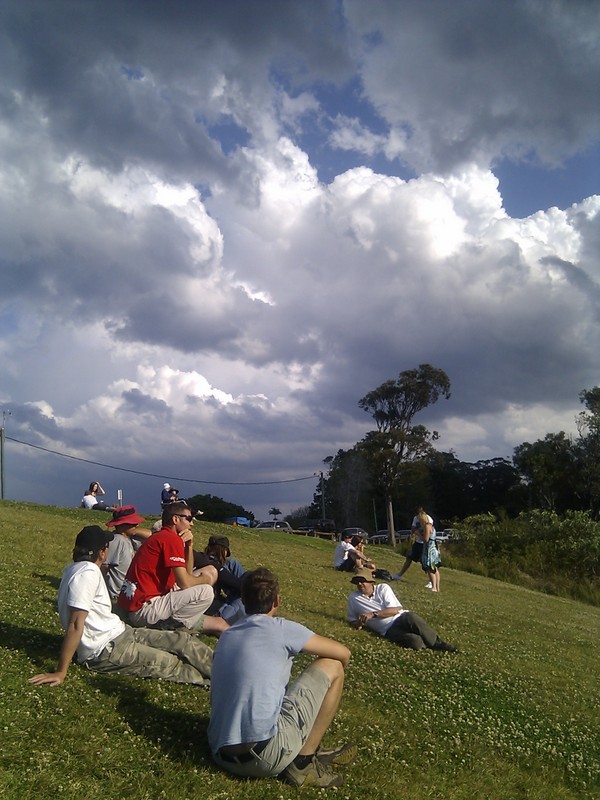Alpine Thermalling and XC
Thermalling is not a black art, it’s kind of grey with some white edges
Inland thermalling can be intimidating, the air can be rough compared to the silkiness of the coast, you have a higher work rate and an increased stress level. You also have the opportunity to climb way above the ridge, to cloudbase and then move onto those first amazing cross country flights
Cross Country is the reward for figuring out thermalling, carrot and stick
We check out some of the closer potential landing areas as well as potential thermal sources around launch. We talk thru the theory and concept of thermals and climbing, understanding the medium is a powerful step towards handling the pressures of flying with them
A typical day consists of morning discussion, early afternoon flying and retrieve. Perhaps a second flight later in the afternoon and an evening debrief and review
Some of the skills and topics discussed include:
- Preparation
- Equipment
- When to launch to find that first thermal
- Climbing and finding the core
- Gaggles
- When to leave and where to go
- SMART goals
Costs
The cost of the course is divide between the pilots on the course, we have a limit of 3
The course cost for the group is $400 daily if the group provide transport and driver or $600 daily with full retrieve and transport
FAQ
What do I need to bring
Glider, harness, helmet, vario, gps, radio
A reserve is mandatory
Water, sunscreen, sunnies
How do we set up our GPS
Your GPS should be set to a coordinate system of degrees.degrees (d.ddddd)
If you want to keep an useful tracklog you should be taking tracklog points every second, depending on the storage capacity of your GPS unit
What is involved in the skills development?
An important part of the event is individual and group goal orientated skills development.
We work with each pilot to identify areas of opportunity to develop and improve individual skills. We discuss and agree strategies to work towards measurably improving those skills. We jointly identify achievable goals that over time demonstrate how well those strategies are working.
Some of these opportunities are discussed and developed before the event via an internet based remote skills development process.
All of these opportunities, strategies and goals are documented and become part of a skills improvement package that you take away with you to continue to use and develop your flying.
What radio do we need?
In Australia we use a UHF CB frequency range around 476/7 mhz, the radios need to be CTCSS (tone squelch capable)
Radio frequency will be UHF 12 (476.7mhz), tone squelch 79.7 hz (Jiri radio PRIV2)
How does the retrieve system work?
- All pilots need a clear inflight radio communications system (we can work with you to help you get this properly sorted out), a GPS and a cell phone.
- We all fly from the same site each day, as you fly you routinely radio to the retrieve driver your GPS position based on bearing, height and distance from launch . If they have not heard from you frequently enough they will ask you for updates. We can find you based on this information alone
- A SPOT or Delorme satellite GPS tracking system is mandatory. This unit will transmit your coordinates via satellite (does not need cell phone coverage) to our driver. We can also track you whilst you are flying. We can rent you one if you give us notice
- When you land you use your tracker to send your GPS coordinates to the retrieve driver
- You will need to land or walk to a vehicle accessible road, we will not haul you out of dense bush. Remember a good looking track may have locked gates so be smart and focus on landing beside paved (sealed)roads.
- The retrieve driver has a vehicle based GPS that will accept your coordinates and guide the driver to you, they also have maps of the area
Photos
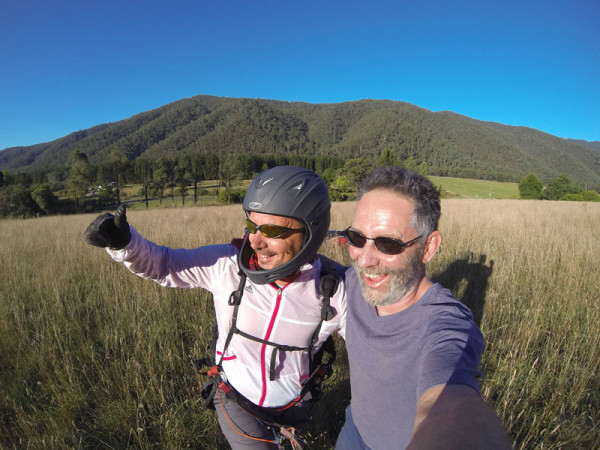
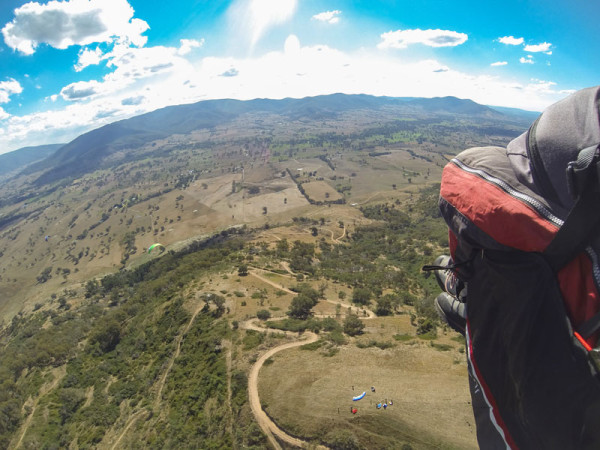
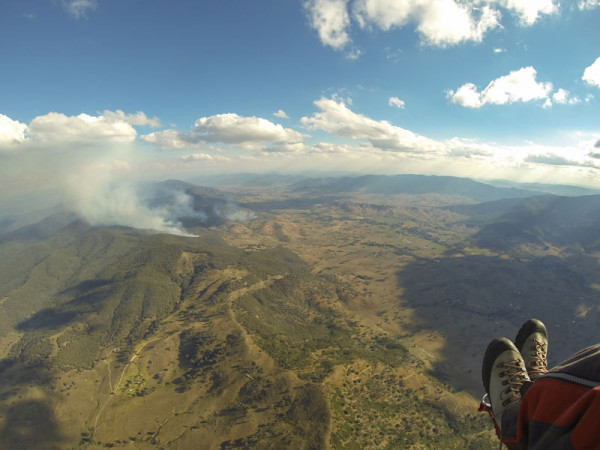
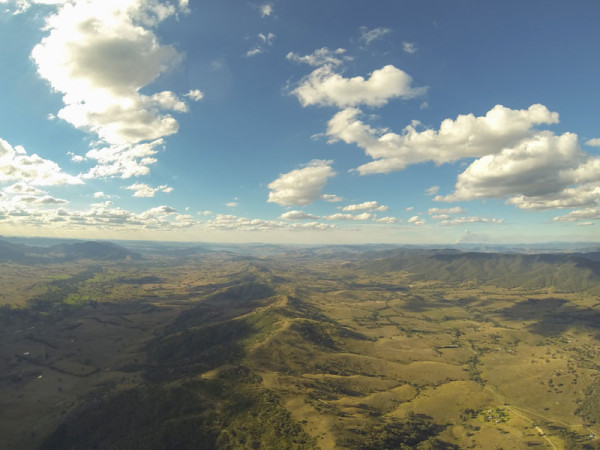
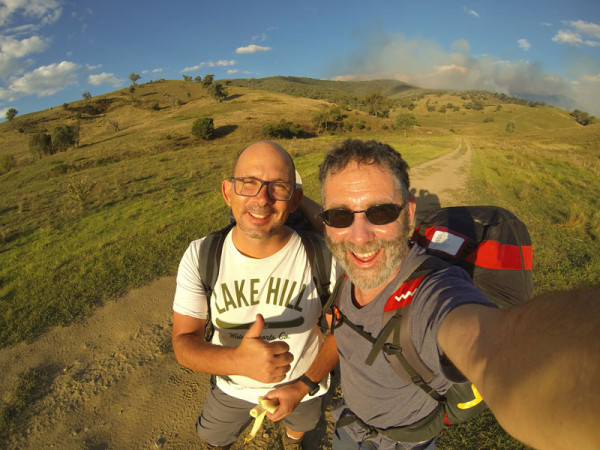
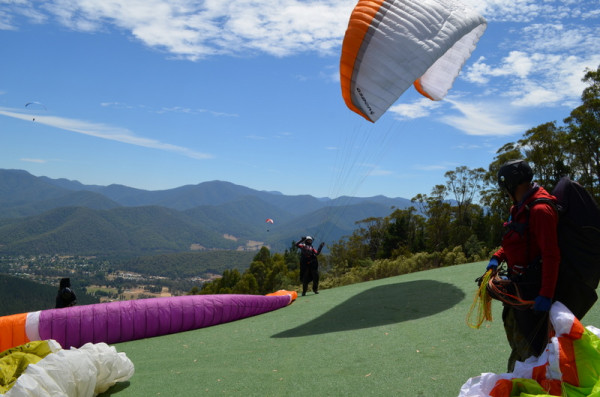
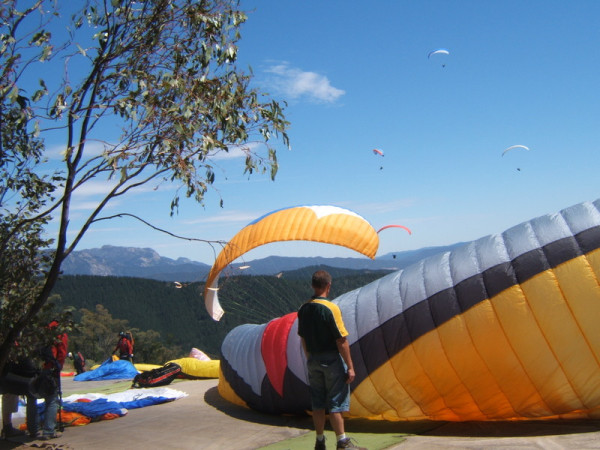
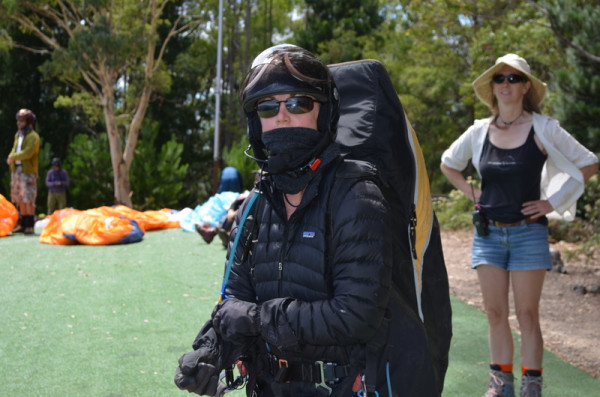
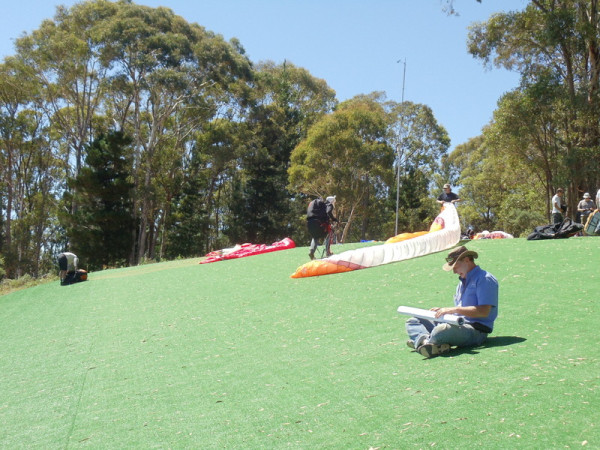
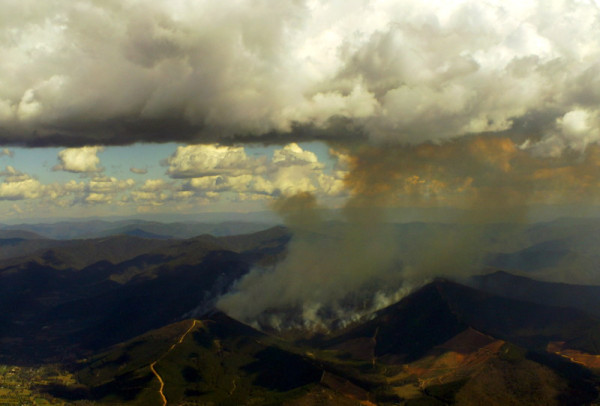
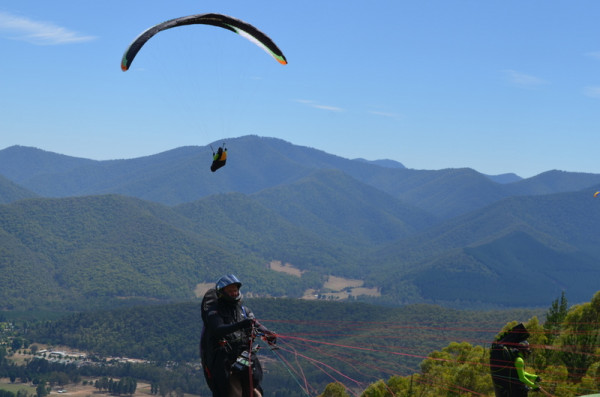
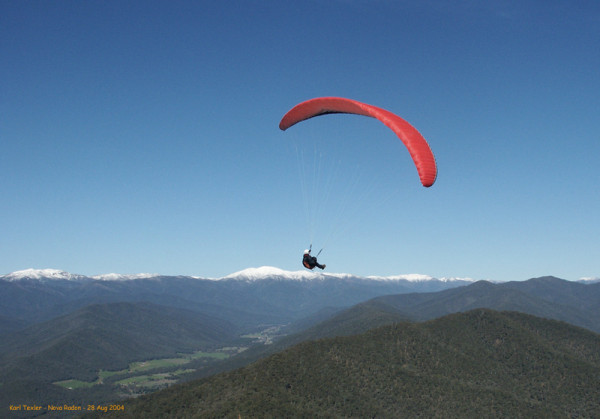
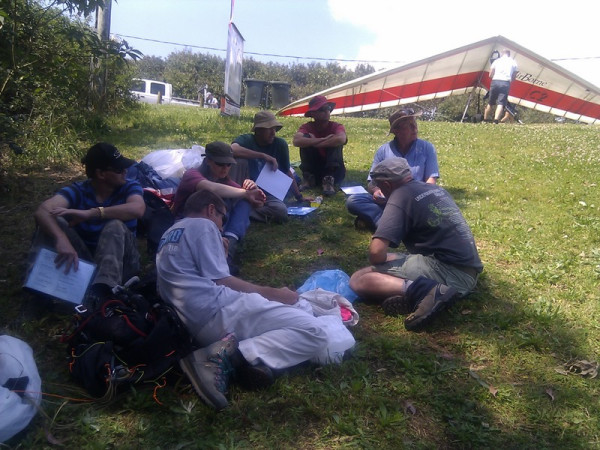
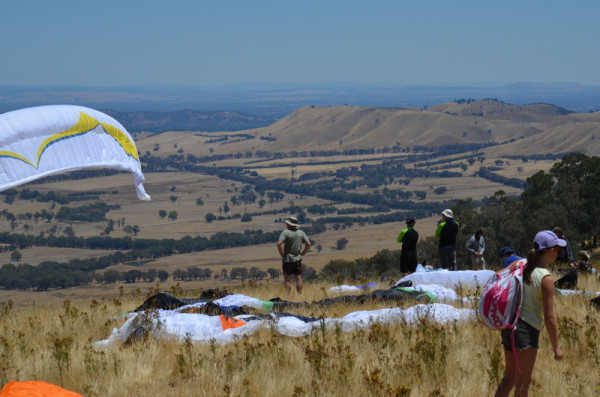
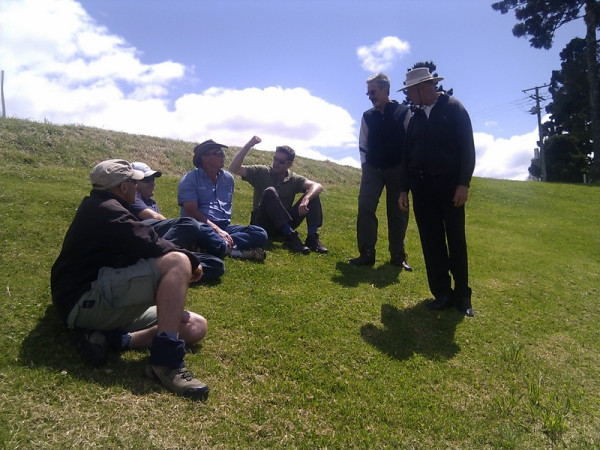
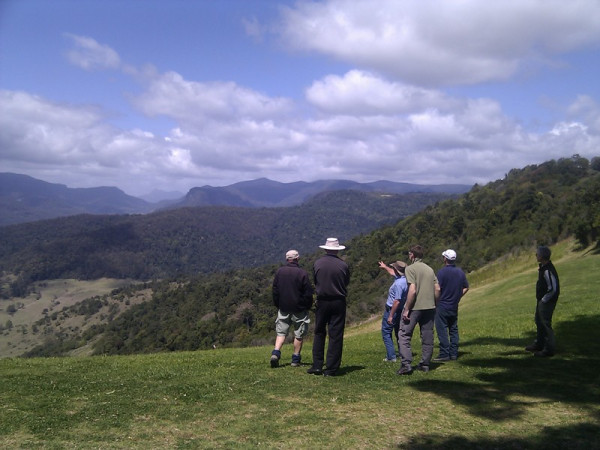
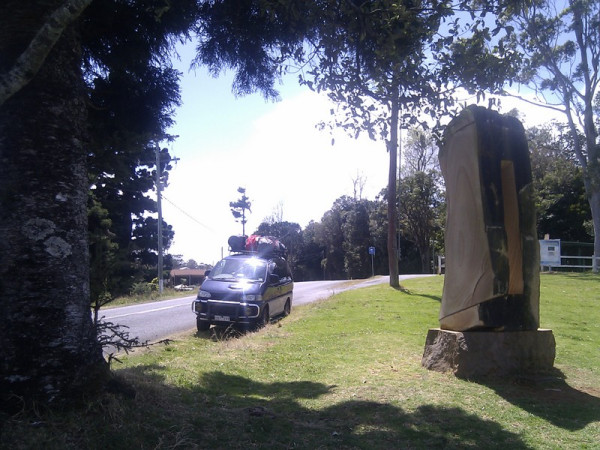
Clinic calendar
If you cannot see a date that suits you or there is a clinic scheduled and you are not sure if you are suitable for it then don’t be shy, contact us to talk it thru
There are no events to display
Bookings
Bookings
To book please check the dates of your event then contact us via the Enquiries page.
Be sure to let us know the dates you are interested in
We will then follow up with you to be sure we have you on the right event
If you have any questions call on +61 (0)417 530972 or skype to brianmwebb
Payments
Payments can be made by bank transfer or PayPal
Bank transfer
Bendigo Bank: BSB 633 000
Account name: XCkms
Account number: 122842537
PayPal
Regret this bears a 2% addition to cover administration costs
Please pay to webbie@XCkms.com
Why us
Why clinic with XCkms
- Expert guides with demonstrable experience
- Extensive local knowledge of sites and meteorology
- Tandem instruction where appropriate
- Comfortable 4WD vehicles with GPS, tablet, SMS and SPOT facilities
- Dedicated retrieve drivers
- Briefing facilities including whiteboard, big screen video replay, tracklog projection and WiFi
what can we work on?
The ability to locate, track and climb well in thermals both alone and in a large gaggle
The ability to launch in a variety of conditions, getting into the air when required.
The conscious decision to be more or less conservative based on observation and situations.
Confidence in your ability to make and execute decisions and in doing so perform well.
Brian, Barb, Phil and Chris,Thanks very much for the course this weekend. Your advice, support and skill has lead to what I hope is a big step in my progression and something that with hindsight, I had underestimated the importance of.I’ve been reviewing my footage, and on the last tow I managed 10 stalls and two spins at the top of the box.I went from sloppy, physically demanding, all over the shop, stalls, to clean entries and exits that involved little or no ‘sorting out’ (aka; twisted reverse spirals).Probably most importantly, I’ve developed a new level of respect for my wing and harness, that I think will make me safer into the future.Forecast tomorrow looks excellent!
Imminent events
There are no events to display

